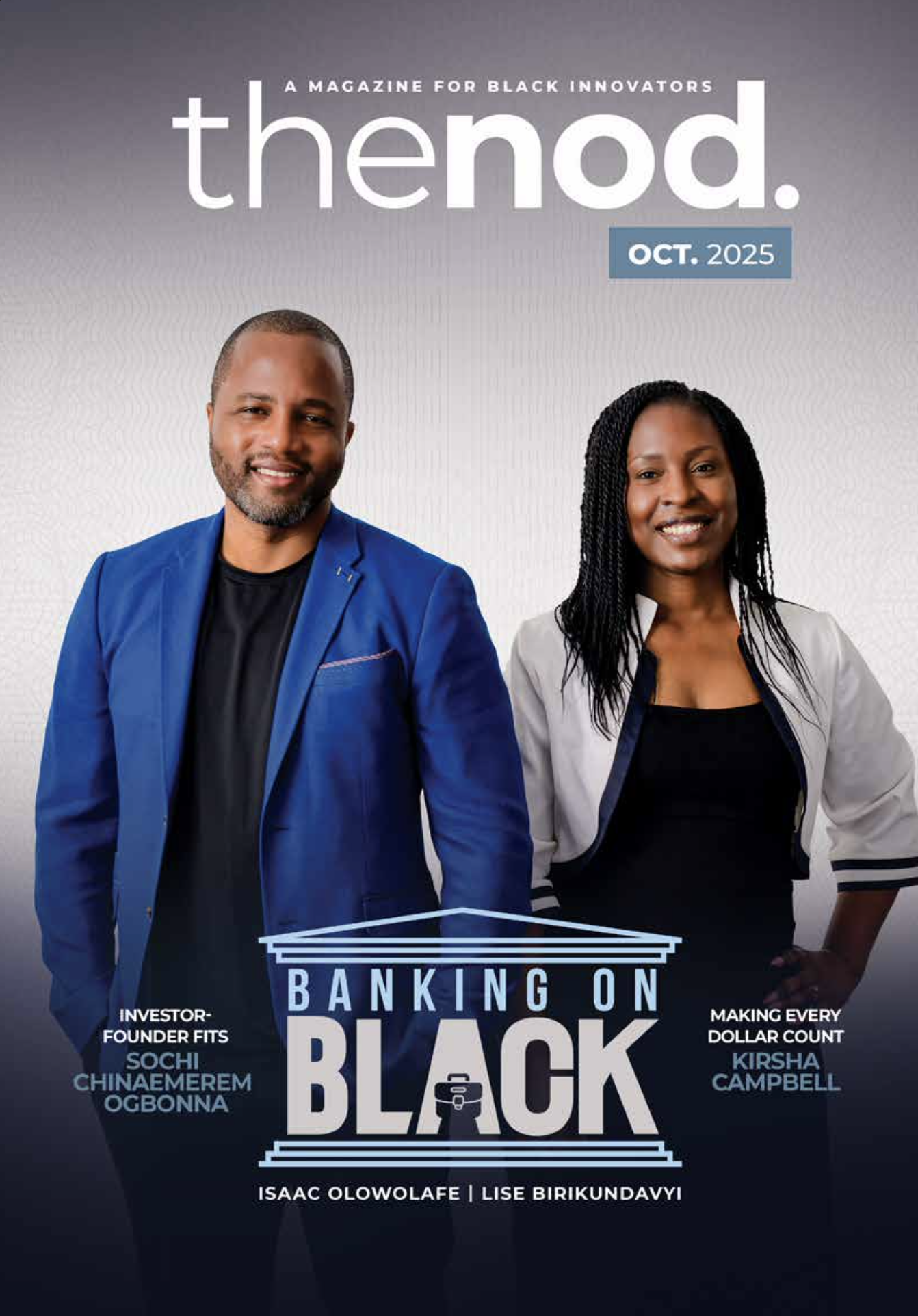Profit margins, Returns on Investments, Debt-to-Equity Ratios, and Budgets – The work of an entrepreneur is steeped in numbers. These numbers tell the story of risk exposure, potential for growth or even the impending demise of a business if swift action isn’t taken. However, Black entrepreneurs should be equally invested in the growing body of data produced through ethical research, as it helps tell our stories. This data provides fact-based insights that capture experiences and illuminate the root causes of outcomes.
Research is more than just numbers; it is a powerful tool for understanding the dynamics within the Black community. By examining data trends, we can identify the unique challenges and opportunities we face as Black entrepreneurs. This ongoing research can facilitate the development of targeted strategies that promote economic empowerment and resilience within our communities. Moreover, comprehensive data highlights the significant contributions of Black businesses to the broader economy, providing a clearer picture of our impact and potential.
In this regard, I believe we are on the cusp of a transformative era where our voices, supported by solid research, can drive policy changes and equitable practices. We must commit to harnessing this data-driven approach, not only to strengthen our community but also to advocate for the recognition and support that our businesses deserve.
The field of race-based research specifically for Black Canadians is still in its infancy, and I am proud to be leading this vital work in Alberta. I must acknowledge that my work stands on the shoulders of institutes like Africa Center who have led early research efforts in the entrepreneurship space captured in the report, ‘The State of Black Entrepreneurs in Alberta’. The first published research detailing aspects of the Black experience was only released in 2021. This research is a positive ripple effect of the global social justice movement, which has demanded equity for people of colour. However, we must push these investigations further.
My pioneering research delves into the nuances of the Black experience, honouring and celebrating the incredible diversity within the Black Canadian population. We have historically relied on research focused on Black Americans, but it’s important to recognize that, while we may look similar, we are perhaps the most diverse race on earth. This message must resonate beyond our community, as Black Americans often share a common history, language, and even socioeconomic status, which can be quite different from that of Black Canadians.
When the conversation shifts to funding Black businesses, we often hear narratives of inequitable treatment and outcomes shared anecdotally within our community. The funding I have received from the Social Sciences and Humanities Research Council will support three years of exploration focused explicitly on Black entrepreneurs. Black business owners need to understand how to leverage research to amplify their anecdotal experiences. Additionally, community leaders and Black business owners must work collaboratively with researchers, as they are the eyes, ears, and heartbeat of our study communities.
Through participatory action community research, the goal is to generate data that will serve as powerful tools in advocating for policy changes and redefining best practices. While we are not there yet, we are finally gathering the numbers needed to hold policymakers accountable for funding gaps and inequitable treatment. In this scientific age, numbers, research, and data matter. The data we collect can identify not only gaps in resources but also gaps in recognition. The growing impact of Black immigrant entrepreneurs on the Canadian economic landscape and the untapped potential of global Black markets represent powerful stories that can be articulated through our research.
This work is so new that the research itself is entrepreneurial in nature, gradually uncovering innovative approaches to evidence collection and presenting reports that support compelling arguments for meaningful change. I call on Black business owners to engage in research opportunities as a means to operate in a more informed market and as an exercise in self-awareness to enhance their effectiveness.
Entrepreneurial Thinking Survey Exercise*
Please answer the following questions about your entrepreneurial mindset (developed by Dr. Oleksiy Osiyevskyy). There are no wrong or right responses. The exercise is a practical application of the surveying process that is often used in research activities. This survey is a point of reflection and is meant to offer entrepreneurs insight into their own approach and responses to scenarios.
Three Steps for Reflecting as an entrepreneur
- Create a Reflective Environment:
- Find a quiet space free from distractions and choose thought-provoking open-ended questions that encourage deep thinking.
- Take Time to Reflect:
- Allow time to thoughtfully answer each question, and consider deeper follow-up questions to explore insights further. Give yourself a day or two for ideas to marinate.
- Document and Act on Insights:
- Write down new insights and identify one or two actionable steps based on your reflections. Review these periodically to track growth and adapt your approach.
Choose the option that best reflects your beliefs.
- When it comes to business, do you prefer:
- A) Business as usual
- B) Disruptive technology and new approaches
- In your view, is it better to rely on:
- A) Tradition and established methods
- B) Innovation and trying new ideas
- Regarding your business ideas, do you believe:
- A) My idea must be perfect before I implement it
- B) I learn by doing and improve along the way
- Do you think it’s essential to have:
- A) A comprehensive business plan before starting
- B) Flexibility to adapt as I go
- For starting a business, do you feel that you need:
- A) A lot of money to get started
- B) Creative ways to start with what I have
By engaging with these questions and the reflective process, you’ll gain deeper insights into your tendencies, strengths, and areas for growth as an entrepreneur.
Whether you lean towards tradition or innovation, structure or flexibility, the key is to understand your mindset and continuously adapt to challenges. Reflection, paired with action, will empower you to grow and confidently navigate the constant changes and challenges of entrepreneurship.













